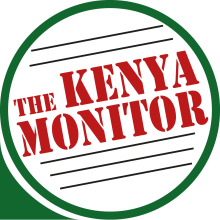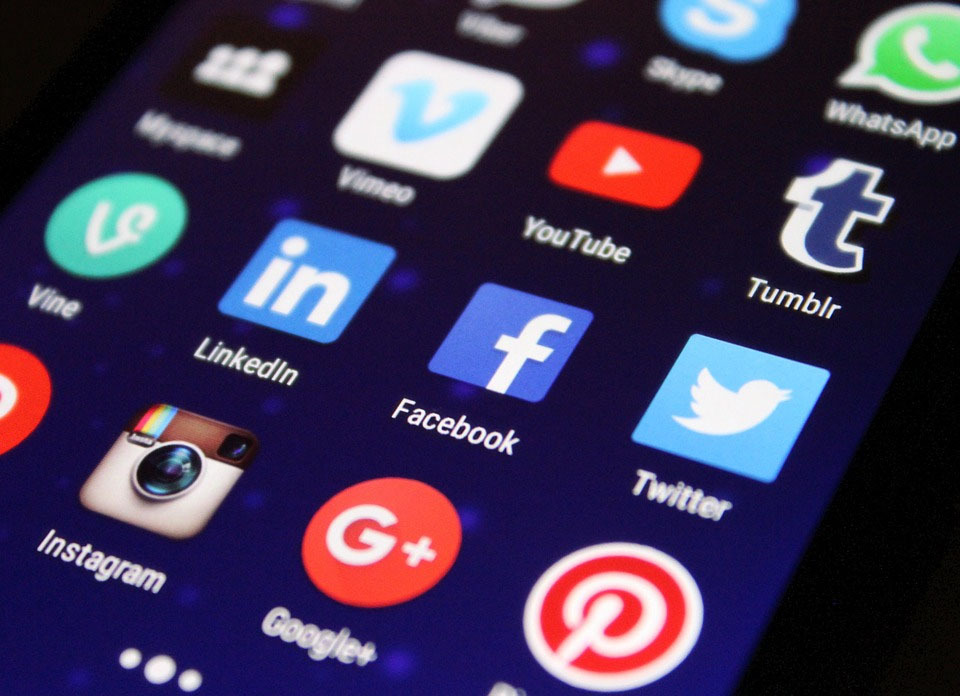Social media has become a very crucial tool for communication in recent days with almost everyone now depending on it fully largely interaction and as a source of news due to its reliability and convenience.
However, social media has in a big way contributed to the fueling of fake news in the country. When the first case of Covid-19 was announced in Kenya on the 15th of March, 2020 for instance, there were several speculations on social media that caused panic among citizens from fake diagnosis, fake doctors offering solutions online to believing in the myths pf Africans are too strong for Covdi-19.
Similarly, misinformation on social media also led to panic buying that saw almost all the supermarkets around the country emptied. Some of the social media users shared information on covid-19 that was not factual especially on the symptoms of covid-19. This information created panic and mass hysteria among Kenyans giving them the wrong understanding of the kind of symptoms to look out for.
The uncontrolled nature of Social media platforms fueled stigmatization to the victims and the relatives of those directly affected by the pandemic. We experienced a lot of privacy breaches during the period where malicious people went to an extent of sharing private information on social media to attack the victims which enhanced stigmatization of the patients and their families.
For instance in Kenya, Patient zero was maliciously trolled on social media to a point of deactivating hr accounts after going public about her status.
Among other myths, the 5G rollout was quickly connected to the major cause of covid-19. The first 5G covid-19 link was published on a French news website that speculated that the Millimetre-wave spectrum used by 5G technology and the disease caused by the Covid-19 virus are connected.
Despite social media being a good and convenient source of information to almost everyone, it has been highly used to spread fake news not only in Kenya but globally. through the pandemic, we also saw sources of fake news circulating from far beyond the continent of Africa that has disrupted news dissemination.
News conveyors now have to be more careful than ever while sharing news on any platform as it can be easily twisted to suit a certain narrative the way it was used during the peak of the covid-19 pandemic.



[…] Covid-19 came about unexpectedly, we had high possibilities of it ending in a few weeks and having […]